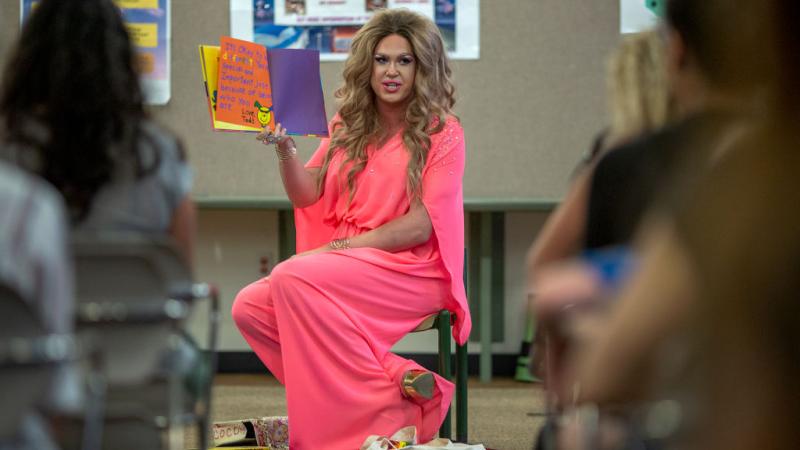Kansas teacher suspended over refusing to use preferred pronouns, awarded $95k in lawsuit
The court found the school violated the teacher's First Amendment rights.
A former Kansas middle school teacher who was suspended for not using a student's preferred name and pronouns received a $95,000 settlement, according to her attorneys.
Pamela Ricard taught math at Fort Riley Middle School, located about an hour outside of Topeka, Kansas. In April 2021, she was formally reprimanded and suspended for three days after she used a biologically female student's legal name rather than a preferred first name, according to the lawsuit filed by the conservative legal group, Alliance Defending Freedom.
The school counselor, referring to the student as "she," informed Ricard about the student's new preferred name. A classmate later told Ricard that the student wanted to go by "he/him." However, the student never directly asked Ricard to use an alternate preferred name or pronouns, the case stated.
Ricard, a Christian who has taught in the district since 2005, asked for a religious accommodation from the school board, arguing that her "sincere religious beliefs" is that God created two sexes – male and female – and that any policy requiring her to refer to a student as something other than their biological sex violates her religious beliefs.
Her suspension notice noted that she violated 11 board policies, including bullying and violating the school's student diversity and inclusion policy.
At the time, teachers were not required to refer to students by their preferred pronouns and names, but months later, the district’s Board of Education approved a policy requiring staff to address students as they prefer. The board also denied her religious accommodation request, The Hill reported.
The Alliance Defending Freedom announced on Wednesday that Fort Riley Middle School officials agreed to pay $95,000 in damages and attorneys' fees for violating Ricard's First Amendment Rights.
ADF Senior Counsel Tyson Langhofer said his organization hopes Ricard's case "will encourage school districts across the country to support the constitutionally protected freedom of teachers to teach and communicate honestly with both children and parents."













